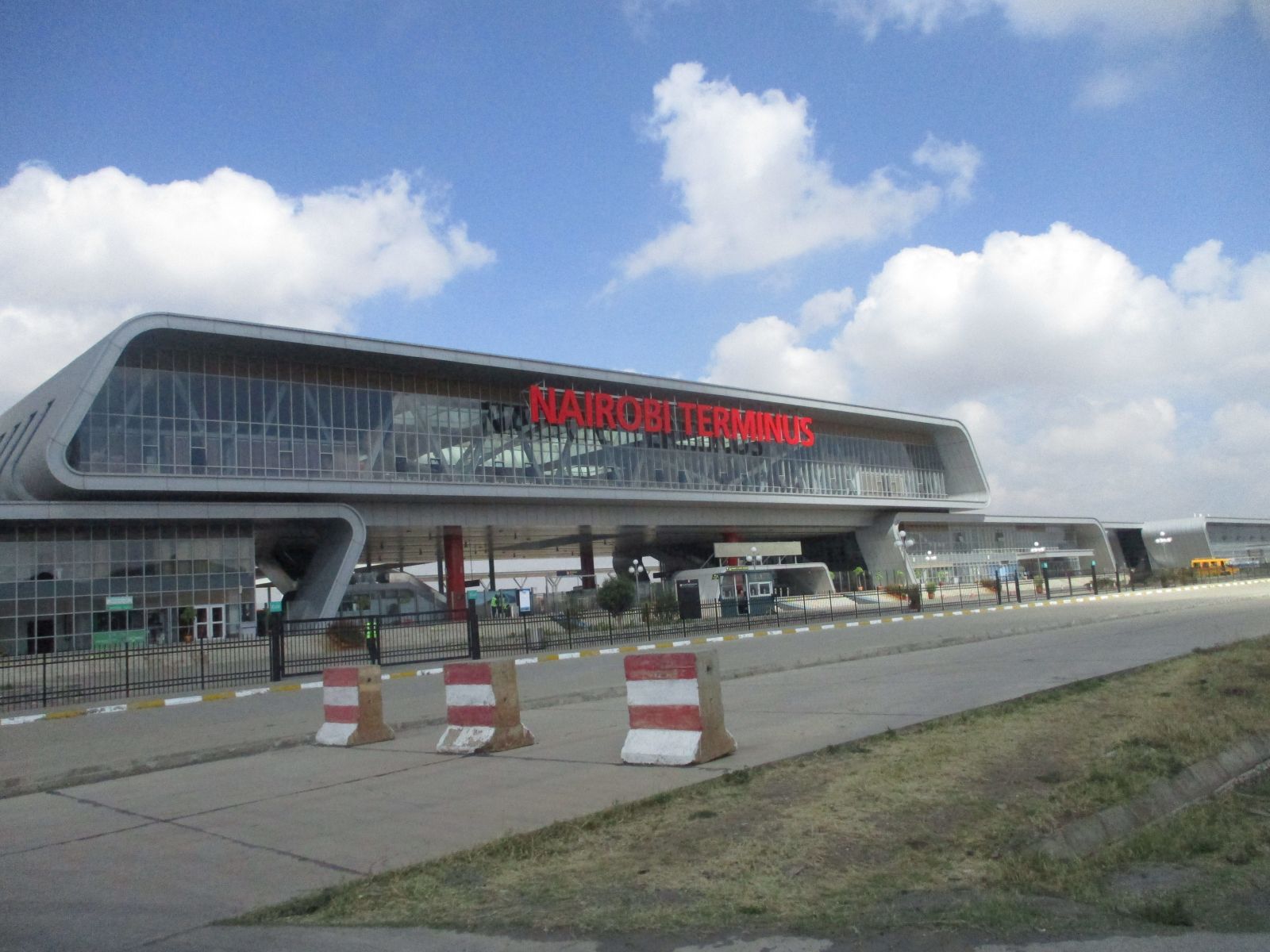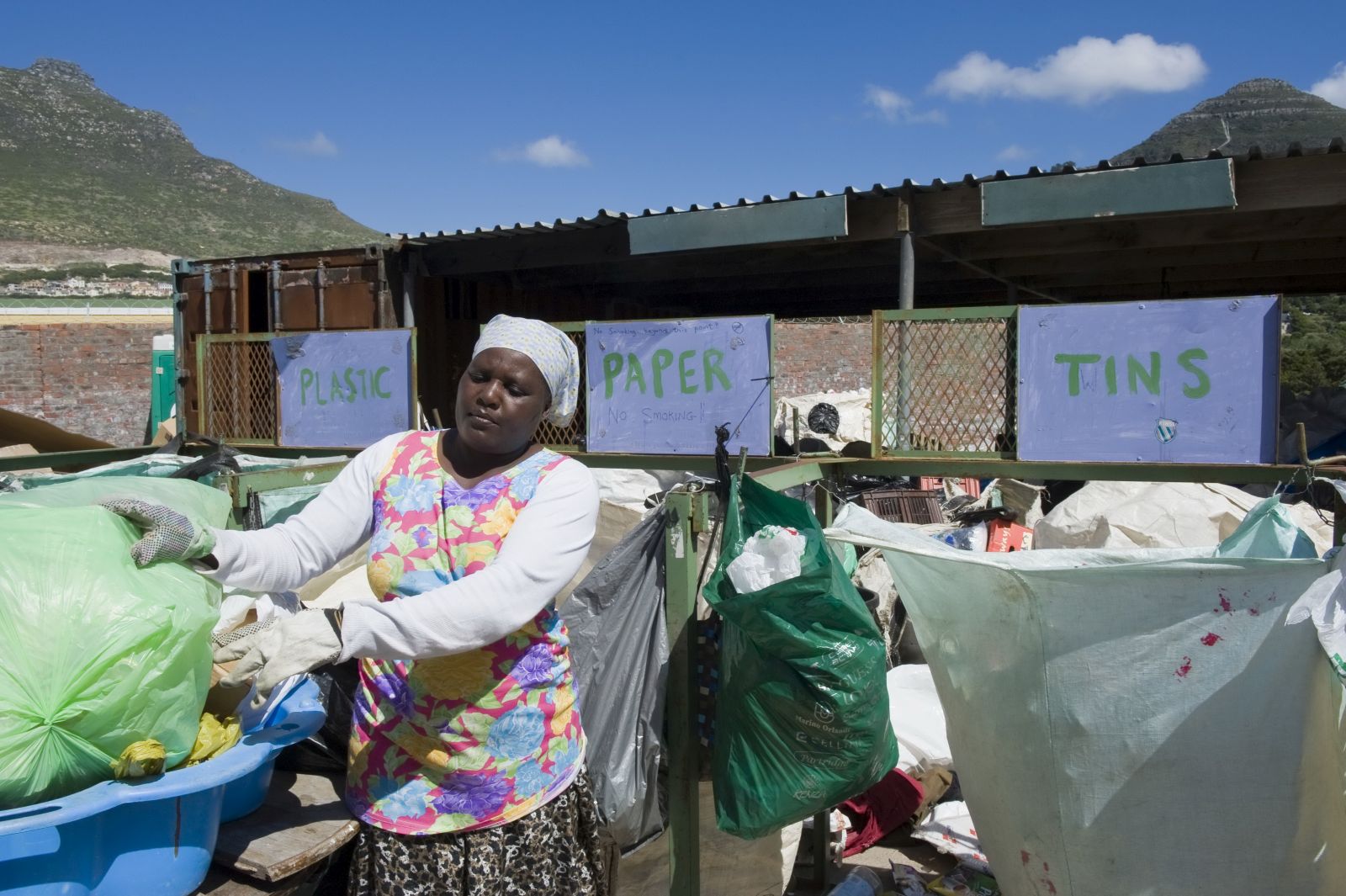Commodity prices
Explosive issue

Commodity prices peaked in 2011 and have since dropped by 50 to 60 %. They are expected to stay low in coming years. In June 2014, a barrel of Brent oil still cost $ 115. By the end of February 2016, the price had fallen to $ 37.
The more a country depends on resource exports, the more dramatic is the impact of low prices. About 95 % of Nigeria’s exports are linked to oil, for example. Several countries in Africa, Latin America and Asia have similar commodity ratios, and growth has been declining in all of them for two or three years now. Making matters worse, the US dollar is appreciating, while the exchange rates for the currencies of commodity exporting countries are going down. Accordingly, imports are becoming more expensive and inflation is accelerating. Governments as well as private-sector companies have taken considerable dollar-denominated loans, moreover, and servicing those debts is becoming harder.
To stem currency depreciations, various central banks have raised interest rates. Moreover, they try to support their currencies by intervening in forex markets. These measures have downsides however. Higher interest rates raise financing costs domestically, and when central banks buy foreign currencies, less money for essential imports and debt servicing is available. In this gloomy scenario, it is no surprise that investment activity is slowing.
For masses of people, the current trends mean that there are fewer jobs while the cost of living is rising. Compounding problems, government revenues are declining too, so public expenditures need to be cut. To balance the national budget, for instance, Saudi Arabia needs an oil price of $ 100 per barrel. Poorer segments of society bear the brunt of reduced social spending for health care and education, for example.
In some countries, the political risks must not be underestimated. As other regimes, the oil monarchies in the Gulf have been buying the support – or at least acquiescence – of their people, by investing in social transfers. This “oil pact” may now be at risk.
Countries like Nigeria, which suffer civic strife and terrorism, must beware of growing discontent. Shaky regimes, such as the one in Venezuela, may actually fall. Some governments are trying to rally their people by resorting to more aggressive foreign policies. Russia and Saudi Arabia are examples. New middle classes, which emerged in South America in the boom years, may see their fortunes wane. They worked hard to achieve upward mobility and will most likely feel cheated.
The underlying problems are structural and require profound reforms. Resource economies are vulnerable in several ways. For one thing, minerals and fossil fuels are limited resources and can only be exploited for a few more decades in most countries concerned. Moreover, commodity prices are volatile and unpredictable. Diversifying the economy is essential, but from 1995 to 2013, the resource dependency of oil, gas and metal exporting countries has actually grown.
There has been some progress in terms of counter-cyclical fiscal policies, such as stronger taxation of non-resource sectors (in Iran or Mexico, for example) or the introduction of medium-term fiscal frameworks and strict fiscal rules (in Colombia). Some countries established sovereign wealth funds, saving revenues in high-price years in order to have some fiscal space in downturns. As revenues decline, it also makes sense to improve the efficiency and effectiveness of public spending with an eye to safeguarding cohesion of society. Doing so cannot succeed, however, unless reliable and accountable institutions are built.
Nassir Djafari is an economist and freelance author. He used to work for KfW development bank.
nassir.djafari@gmx.de










